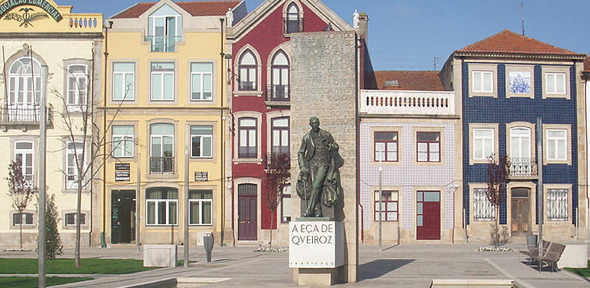PG1
This paper is available for the academic year 23-24.
Introduction to the Language, Literatures and Cultures of the
Portuguese-Speaking World
PG1 is designed to give you an introduction to the main areas of study in the Portuguese Tripos, allowing you to sample literature, linguistics and film, from Colonial to contemporary periods, and from Portugal, Lusophone Africa and Brazil. The paper allows you to work on a variety of texts and topics that will give you solid grounding in Lusophone studies whilst making you aware of its richness and complexity. Furthermore, PG1 offers you the chance to gain a good grasp of theoretical tools in literature, film and linguistics which will enable you to work in depth with this material while gaining a wider perspective on Lusophone culture. It is available to Part IB students and to post-A-level (Part IA) students.
Please see below the list of topics and set texts. Note regarding supervisions: All students will have a total of 8 supervisions across Michaelmas and Lent Terms, including 2 Linguistics supervisions. Of the others, one will focus on Section A, The Pre-Modern Condition, and the texts studied overall should include more than one country.
Section A - The Pre-Modern Condition:
Pero Vaz de Caminha, A Carta (1500)
Camões, Poesia Lírica
Antonio Vieira, “Sermão de Santo Antônio aos peixes” (1654)
Jorge de Albuquerque Coelho, Naufrágio que Passou (1601)
Section B –Modernity, Modernism and Decolonization :
José de Alencar, Iracema (1865)
Manuel Bandiera, Selected Poetry
Oswald de Andrade, “Manifesto Pau-Brasil and Manifesto Antropófago” (1926 and 1928)
Fernando Pessoa, Mensagem (1934)
Vidas Secas (film directed by Nelson Pereira dos Santos, 1963)
Section C –Beyond Modernism:
Clarice Lispector, Hora da estrela (1977)
José Saramago, A Jangada de pedra (1986)
José Eduardo Agualusa, Nãção crioula (1997)
Cidade de deus (flm directed by Fernando Mierelles and Kátia Lund, 2002)
Section D – Linguistics:
Phonetics and phonology of Portuguese
Morphology and Syntax of Portuguese
Varieties of Portuguese
The teaching for PG1 will consist of lectures, reading classes and supervisions focused upon each of the primary texts and linguistic topics covered in the paper. For the Linguistics topic you will have one supervision per term, organized centrally. With your literature supervisor, you will normally have three supervisions in Michaelmas and Lent Terms. The department’s policy is:
- that supervisions should as far as possible keep in step with the lectures, so that the lectures provide background information for work being done in detail with supervisors
- that students attend supervisions on both literature and linguistics
- that students should normally do detailed work on six of the texts
- that these texts should be drawn evenly from each of the three section.
In the Easter term, before the examination, there are no lectures but you may have revision supervisions.
Please see the PG1 Moodle page. The enrolment password can be collected from the paper coordinator.
Assessment will be by end-of-year examination. In the examination you are asked to answer three questions, each taken from a different section. It is expected that you will have prepared more than the minimum required to answer three questions in the examination; you will have done preparation for the paper skimpily and unproductively otherwise.
Prof. Maite Conde | |
Prof Ioanna Sitaridou |




